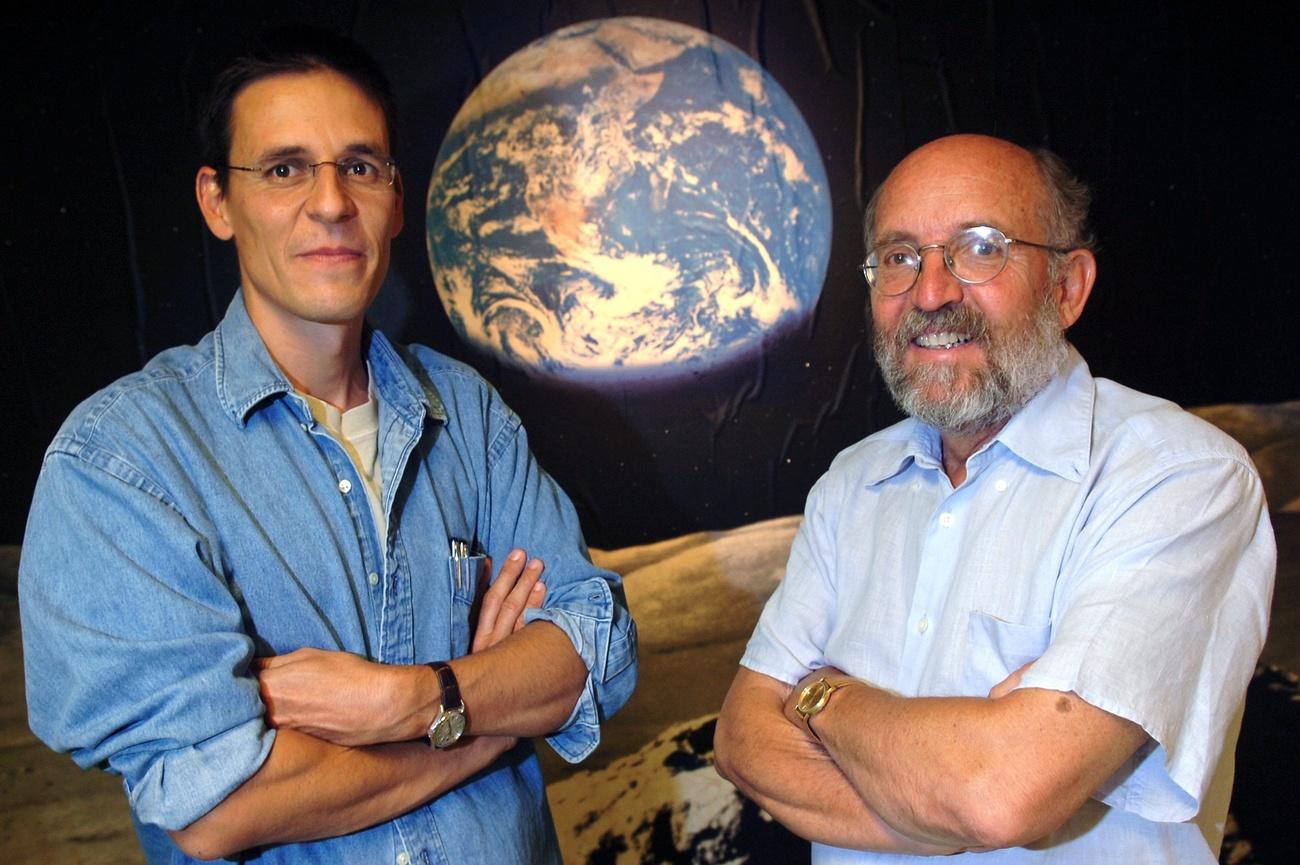
Swiss trust science, says study

People in Switzerland have a positive view of science, with climate and energy considered the most important areas for research, a survey has found.
Confidence in science is high or very high among 56% of people questioned in the study, according to the University of Zurich Science BarometerExternal link. This compares with 57% in its first barometer in 2016.
“There is no evidence of any substantial loss of trust in science in our society,” says University of Zurich professor Mike Schäfer, who led the study with Julia Metag from the University of Münster. “This also corresponds to findings from comparable studies in other countries,” he added.
Trust in university researchers is even stronger, with 64% saying it was high or very high.
64% also believe that scientific research improves their lives, and almost three-quarters (73%) consider that basic research should be supported by the state.
Climate and energy research are viewed as the priorities for science in the coming years, followed by health and nutrition. Transport and mobility, immigration and integration as well as communication and digitalisation also feature on the respondents’ list of priorities.
The telephone survey was conducted in June-July 2019 among 1,050 people aged over 15 living in French, German and Italian speaking regions of Switzerland.

More
Swiss scientists win Nobel Prize in Physics

In compliance with the JTI standards
More: SWI swissinfo.ch certified by the Journalism Trust Initiative























You can find an overview of ongoing debates with our journalists here . Please join us!
If you want to start a conversation about a topic raised in this article or want to report factual errors, email us at english@swissinfo.ch.